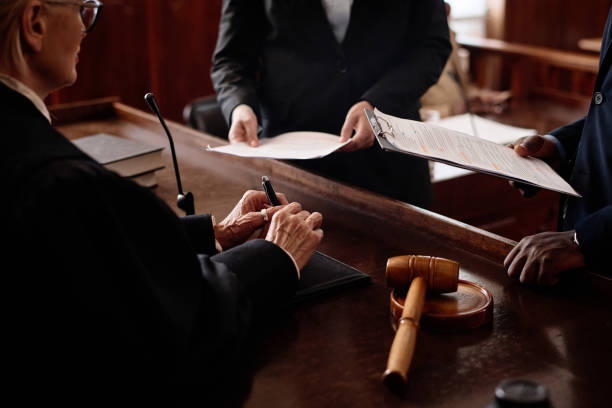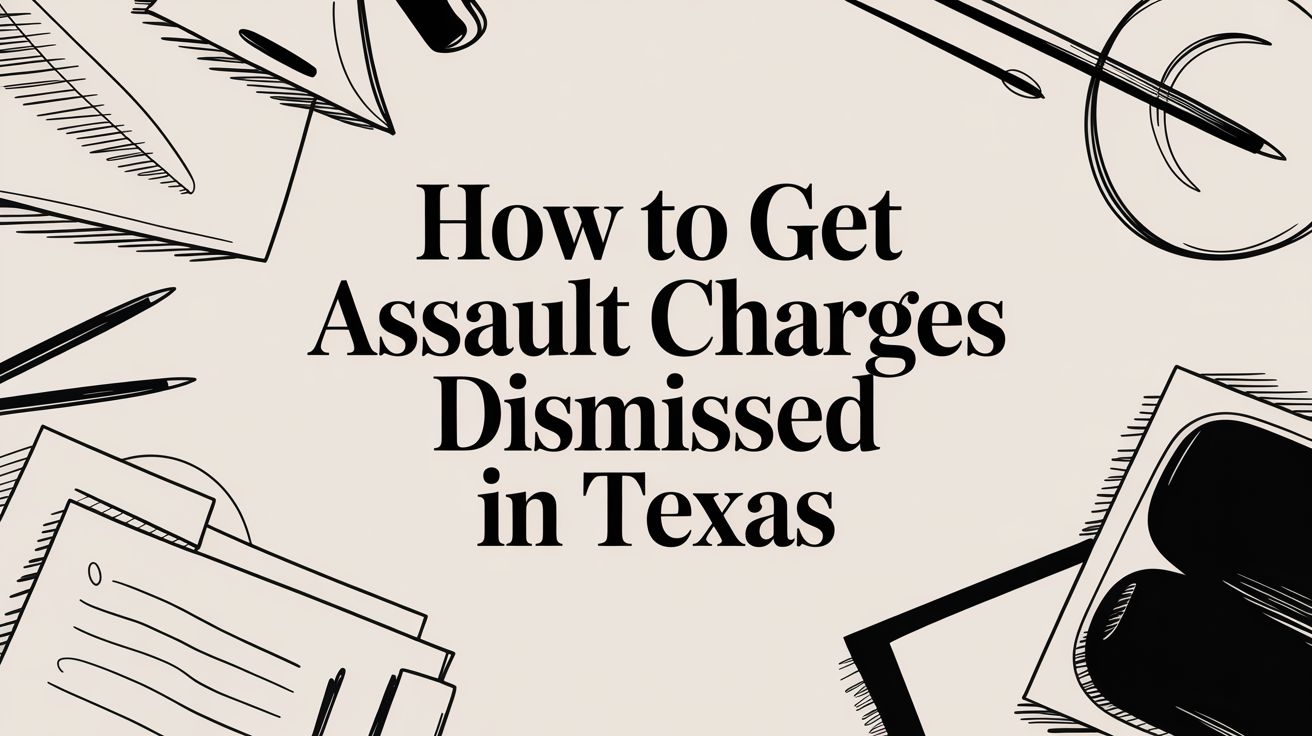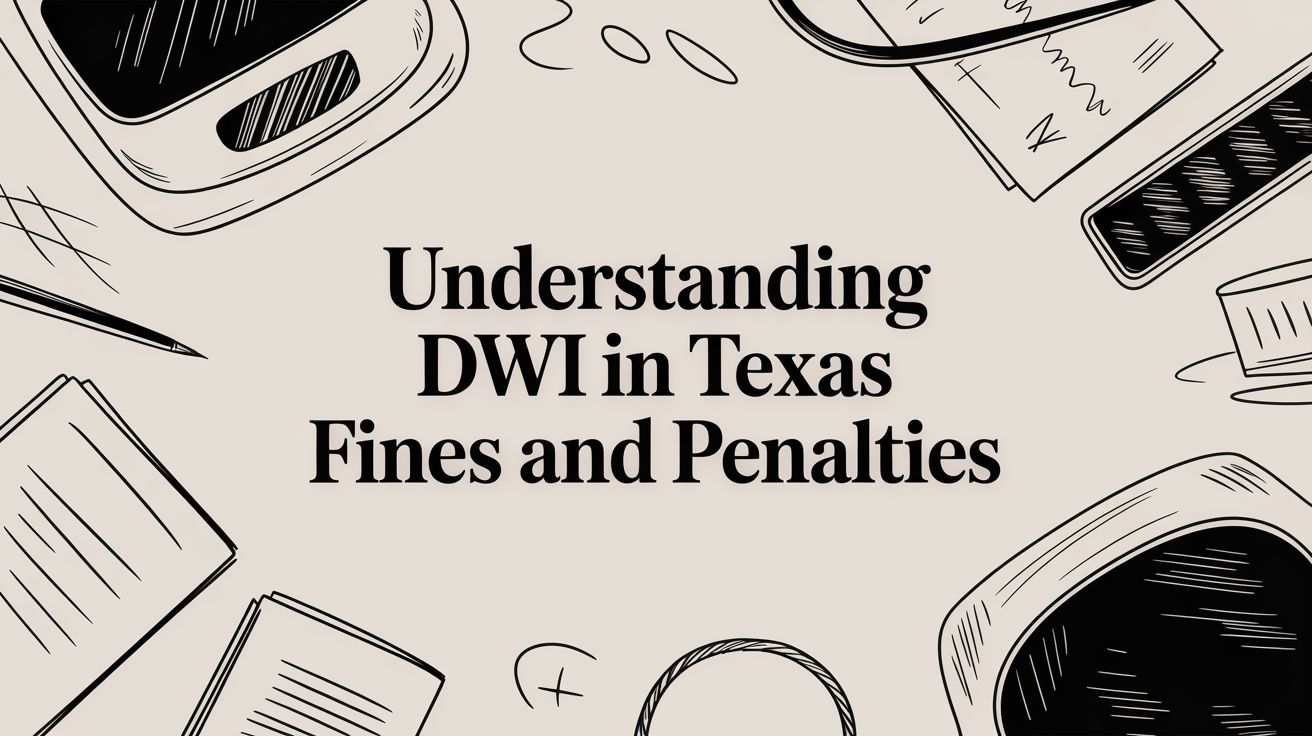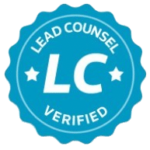Frequently Asked Questions
Can CPS attorneys help?
CPS attorneys can provide crucial assistance in navigating the complexities of Child Protective Services cases. They advocate for your rights, help you understand the legal process, and work towards achieving the best outcome for your family.
What is CPS law?
CPS law refers to the legal framework governing Child Protective Services, which is responsible for ensuring the safety and welfare of children. It involves cases of abuse, neglect, and custody issues, focusing on protecting children's rights.
What is CPS case?
A CPS case involves the investigation and legal proceedings initiated by Child Protective Services when there are allegations of child abuse or neglect. These cases aim to ensure the safety and well-being of the child involved.
What do CPS attorneys do?
CPS attorneys specialize in representing clients involved in Child Protective Services cases. They provide legal guidance, advocate for parental rights, and work to ensure the best interests of the child are prioritized throughout the legal process.
Who needs CPS lawyers?
Individuals involved in Child Protective Services (CPS) cases need CPS lawyers to navigate legal proceedings, protect their rights, and ensure the best outcomes for their families in situations involving allegations of abuse or neglect.
How to find CPS lawyers?
Finding CPS lawyers involves researching local law firms specializing in child protective services cases, checking online reviews, and seeking referrals from trusted sources. Consider scheduling consultations to discuss your situation and evaluate their expertise.
How to choose CPS lawyer?
Choosing a CPS lawyer involves evaluating their experience in child protective services cases, their understanding of relevant laws, and their ability to communicate effectively. It's essential to select a lawyer who prioritizes your child's best interests and offers personalized attention.
Do I need CPS attorney?
The need for a CPS attorney arises when you are involved in a Child Protective Services case. Having legal representation can help protect your rights, navigate the legal process, and work towards a favorable outcome for your family.
What is CPS process?
The CPS process refers to the Child Protective Services process, which involves the investigation of reports concerning child abuse or neglect, assessment of family situations, and implementation of protective measures to ensure the child's safety and well-being.
What are the steps in a CPS case?
The steps in a CPS case include an investigation of allegations, assessment of the child's safety, determination of whether the child can remain at home or needs removal, and a court hearing to decide the case's outcome.
How can I prepare for a CPS hearing?
Preparing for a CPS hearing involves gathering relevant documents, understanding the case details, and consulting with your attorney to develop a clear strategy. Being organized and informed will help you present your case effectively.
What rights do parents have in CPS cases?
Parents have specific rights in CPS cases, including the right to be informed of allegations, the right to participate in hearings, and the right to legal representation to defend their parental rights and seek reunification with their children.
What evidence is needed in CPS cases?
The evidence needed in CPS cases includes documentation of any alleged abuse or neglect, witness testimonies, medical records, and reports from professionals such as teachers or social workers to support claims regarding the child's safety and well-being.
How long does a CPS case take?
The duration of a CPS case can vary significantly based on the complexity of the situation, but typically, it may take several months to over a year to reach a resolution.
What happens after a CPS investigation?
After a CPS investigation, the agency will determine whether the allegations are substantiated or unsubstantiated, which can lead to various outcomes, including case closure, family support services, or legal action if necessary.
Can CPS cases be appealed?
CPS cases can be appealed. If you disagree with a decision made by Child Protective Services, you have the right to challenge it through the appeals process, which allows for a review of the case by a higher authority.
What are common outcomes of CPS cases?
Common outcomes of CPS cases include reunification with the family, placement with relatives, adoption, or guardianship. In some instances, the court may also mandate services or supervision to ensure the child's safety and well-being.
How to communicate with CPS effectively?
Effective communication with CPS involves being clear, honest, and respectful. Always provide requested information promptly, ask questions for clarification, and maintain a cooperative attitude to foster a positive relationship during the process.
What support services are available during CPS cases?
Support services available during CPS cases include legal representation, counseling, parenting classes, and access to community resources aimed at helping families navigate the complexities of child protective services while ensuring the well-being of the child.
What should I do if CPS contacts me?
If CPS contacts you, it’s important to remain calm and cooperative. You should seek legal advice immediately to understand your rights and the best steps to take in your specific situation.


























